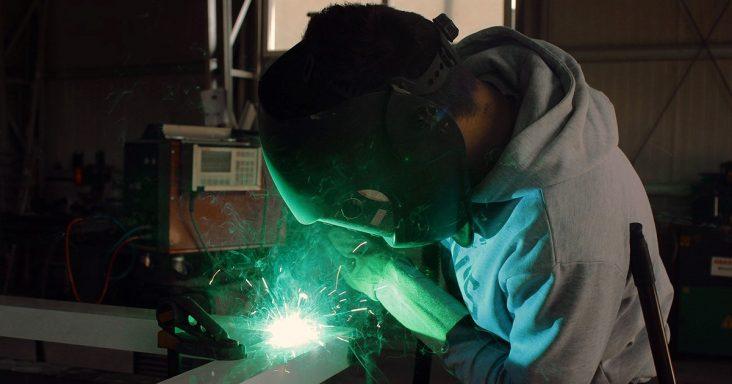Manufacturing sector expanded in July; PMI rises to 54.2%
by August 3, 2020 4:06 pm 442 views

Economic activity in the manufacturing sector increased in July, and the overall economy expanded for the third consecutive month, according to the Institute for Supply Management (ISM).
The ISM announced Monday (Aug. 3) the Purchasing Managers’ Index (PMI) rose 1.6 percentage points to 54.2% in July, from June. Timothy Fiore, chair of the ISM Manufacturing Business Survey Committee released the PMI in the Manufacturing ISM Report on Business. A PMI above 50% indicates the manufacturing sector is expanding.
The New Orders Index increased 5.1 percentage points to 61.5% in July, from June. The production index rose 4.8 percentage points to 62.1%. The backlog of orders index increased 6.5 percentage points to 51.8%. The employment index increased by 2.2 percentage points to 44.3%. The supplier deliveries index fell 1.1 percentage points to 55.8%.
The inventories index declined 3.5 percentage points to 47% in July, from June. The prices index increased by 1.9 percentage points to 53.2%. The new export orders index rose 2.8 percentage points to 50.4%. The imports index increased by 4.3 percentage points to 53.1%.
“In July, manufacturing continued its recovery after the disruption caused by the coronavirus (COVID-19) pandemic,” Fiore said. “Panel sentiment was generally optimistic, continuing a trend from June. Demand expanded, with the new orders index growing at a strong level, supported by the new export orders index re-entering expansion; customers’ inventories index remaining at a level considered a positive for future production; and backlog of orders index returning to expansion for the first time in five months.”
Consumption, which comprises the production and employment indexes, contributed to a combined 7-percentage point increase to the PMI as industries continued to expand output after resuming operations in May.
Inputs, which include supplier deliveries, inventories and imports, declined for the third consecutive month as supplier delivery issues abated and import levels resumed expansion. Inventory levels declined as a result of strong production output, supplier delivery difficulties and inventory reduction. Inputs contributed to a 4.6-percentage point decline to the PMI but were more than offset by the demand and consumption improvement as was the case in June. Prices increased and supported a positive outlook.
“The growth cycle continues for the second straight month after three prior months of COVID-19 disruptions,” Fiore said. “Demand and consumption continued to drive expansion growth, with inputs remaining at parity with supply and demand. Among the six biggest industry sectors, food, beverage and tobacco products remains the best-performing industry sector, with chemical products, computer and electronic products, and petroleum and coal products growing respectably. Transportation equipment and fabricated metal products continue to contract but at soft levels.”
A respondent in the transportation equipment industry said business remains down nearly 70%, and the company will lay off at least 30% of employees for at least two or three months until September or October. A respondent in the computer and electronics products industry said business has resumed at nearly 100%, and the company has implemented multiple safeguards that cost extra money. In the nonmetallic mineral products industry, a respondent said many plants are on reduced hours or furloughs, and 20%-25% of the plants are expected to be consolidated in the next sixth months to improve margins and profitability.
A respondent in the food, beverage and tobacco products industry said demand for refrigerated and frozen beverage and dessert has become stable and remains higher than it was a year ago. Whether school will open in the fall remains uncertain, and demand will be determined by whether students return to school, the respondent said.
